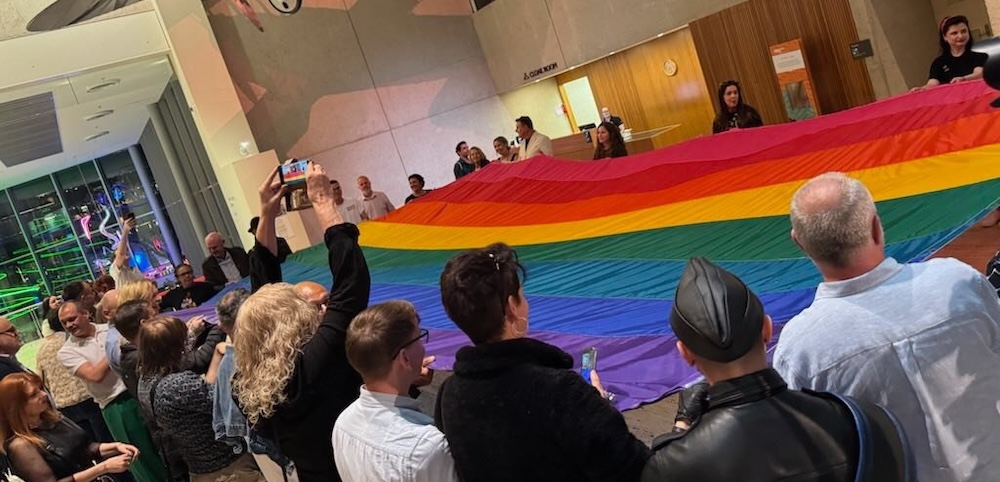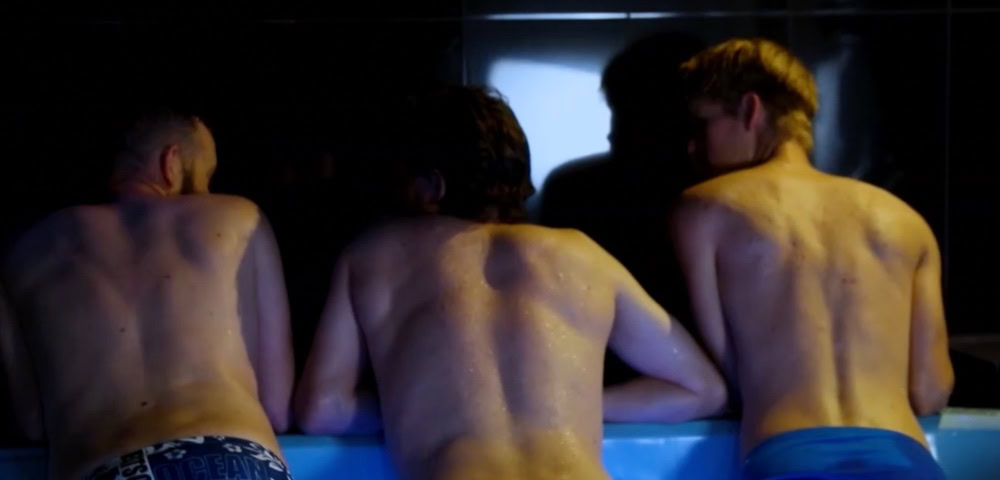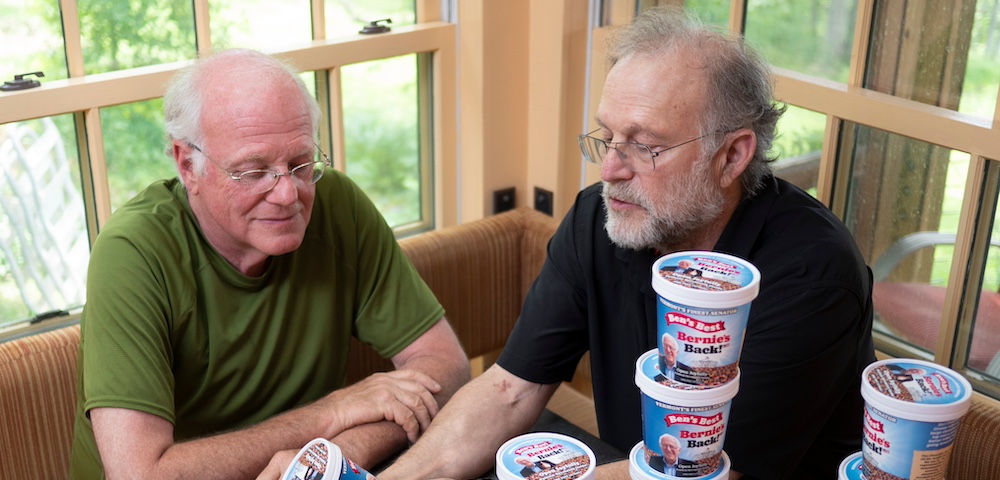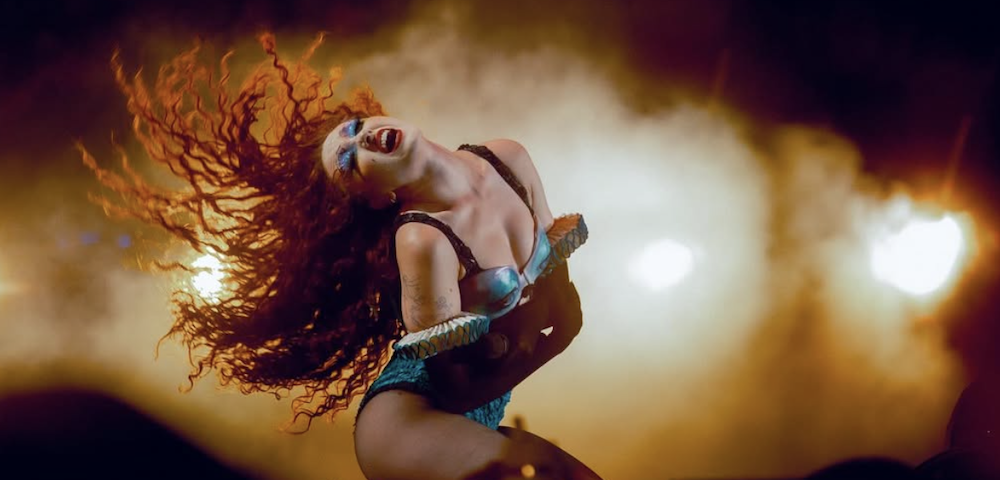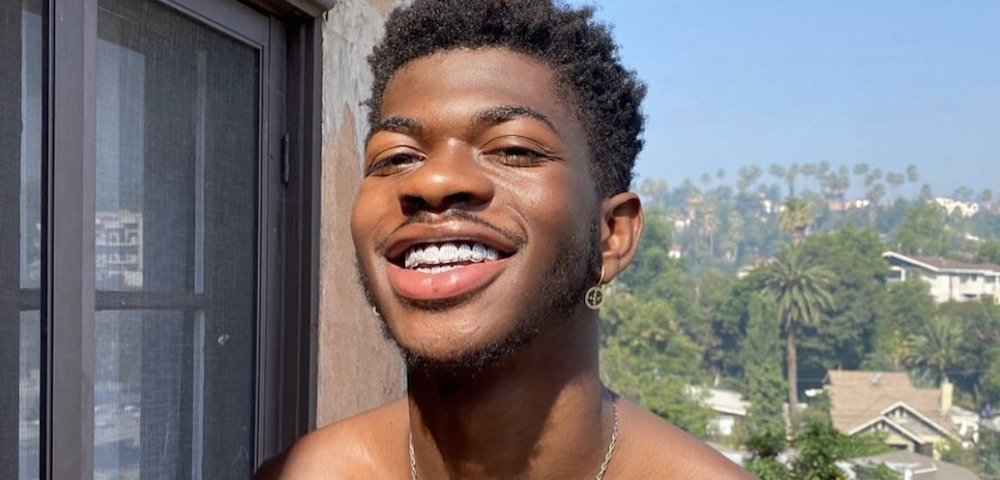
Community group reports on isolation and mental health issues faced by Indigenous lesbians
INDIGENOUS Australian lesbians and same-sex attracted women face cultural barriers that can lead to isolation and mental health issues, a community group recently reported.
In the Resilient Individuals Report, community group IndigiLez outlined the often-ignored issues faced by Indigenous women in the LGBT community.
IndigiLez co-founder Tanya Quakawoot said the traditional ways the Indigenous community communicated with each other make it hard for same-sex attracted women to be open.
“You’re a minority within a minority, so it’s hard to talk about coming out and how you’re feeling, especially when you haven’t been taught how to express yourself openly,” she told the Star Observer.
“There are traditional ways in which we communicate that are very different to non-Indigenous people and we keep them in place because you respect your family and elders.
“I know from my own experience that as a woman it can be very hard to talk… you can’t just call your mum and tell her about the problems you might be having with your girlfriend.”
Quakawoot said these cultural barriers are often not taken seriously by those outside of the Aboriginal community.
“We’re very spiritual people and speak from the heart, and I think we’re not taken seriously,” she said.
“If people had an understanding of the impact of colonisation on generations of Indigenous people then they would better understand our issues and I think we would be on a platform where we would be taken seriously.”
IndigiLez was founded in 2008 and provides support for Aboriginal and Torres Strait Islander lesbians and same-sex attracted women.
The group has hosted a handful of retreats that have allowed women to come together and share their experiences sitting at the intersection of being black and gay.
It was here that Quakawoot noticed the shared feelings of isolation and mental health issues.
“Literally everyone there had experienced some sort of mental health issue because of how they identify, because they’re an Aboriginal lesbian,” she said.
“But in saying that, when LGBT Aboriginal people come out, they’re educating their mob, and showing them that it’s okay.”
In a 2013 report on LGBTI mental health by the National LGBTI Health Alliance, the Indigenous community were identified as being at high risk of suicide.
“Suicide is a serious issue in our community. Just recently we had a young indigenous lesbian that committed suicide, and we’re in the process of organising a memorial and planting a tree,” Quakawoot said.
“That’s why it’s really important to have a group like IndigiLez, so that we can support each other.”
When it comes to tackling the issues faced by Aboriginal lesbians and same-sex attracted women, Quakawoot believes visibility is critical.
“If there is a conference on mental health or health, most of the time I feel like there are no indigenous people invited to go,” she said.
“And our issues are just as important as other issues that LGBT people are going through.
“It’s because there’s a lack of understanding about what we’ve been through and are currently going through… people don’t want to deal with the stuff we’re going through.
“We want groups to be inclusive because we work better together.”




